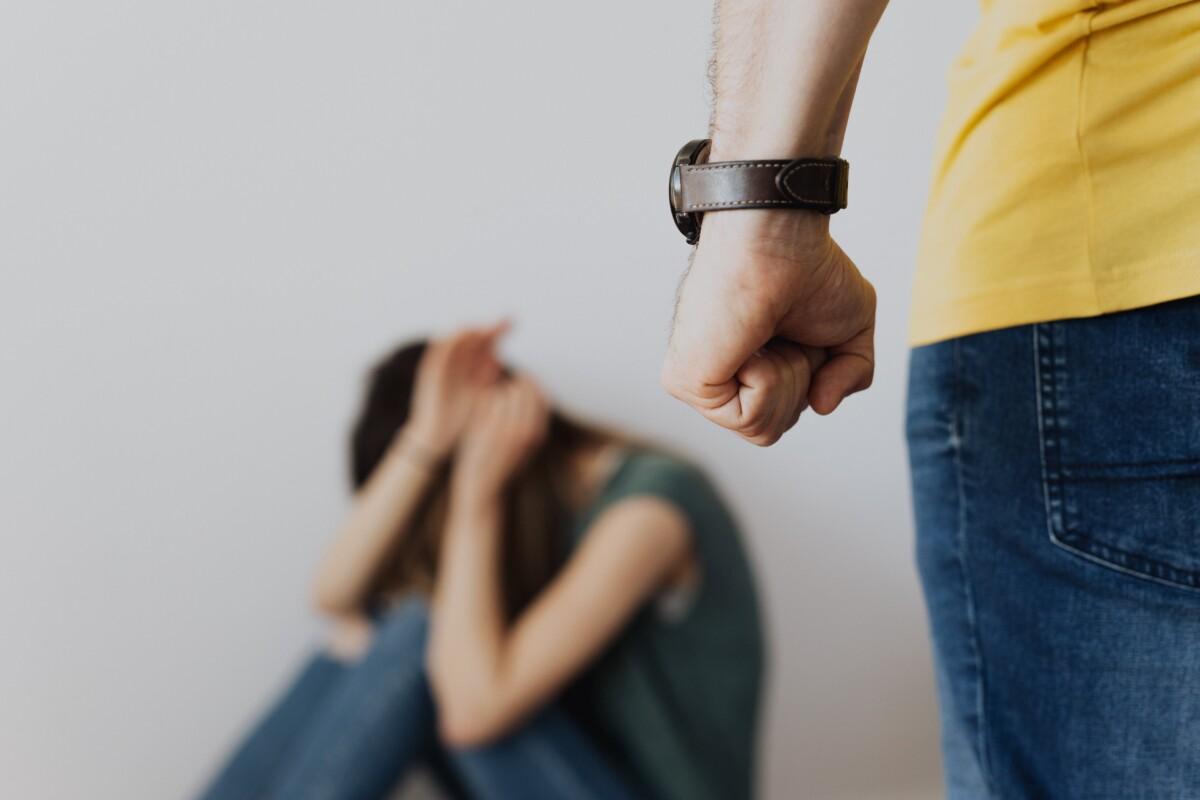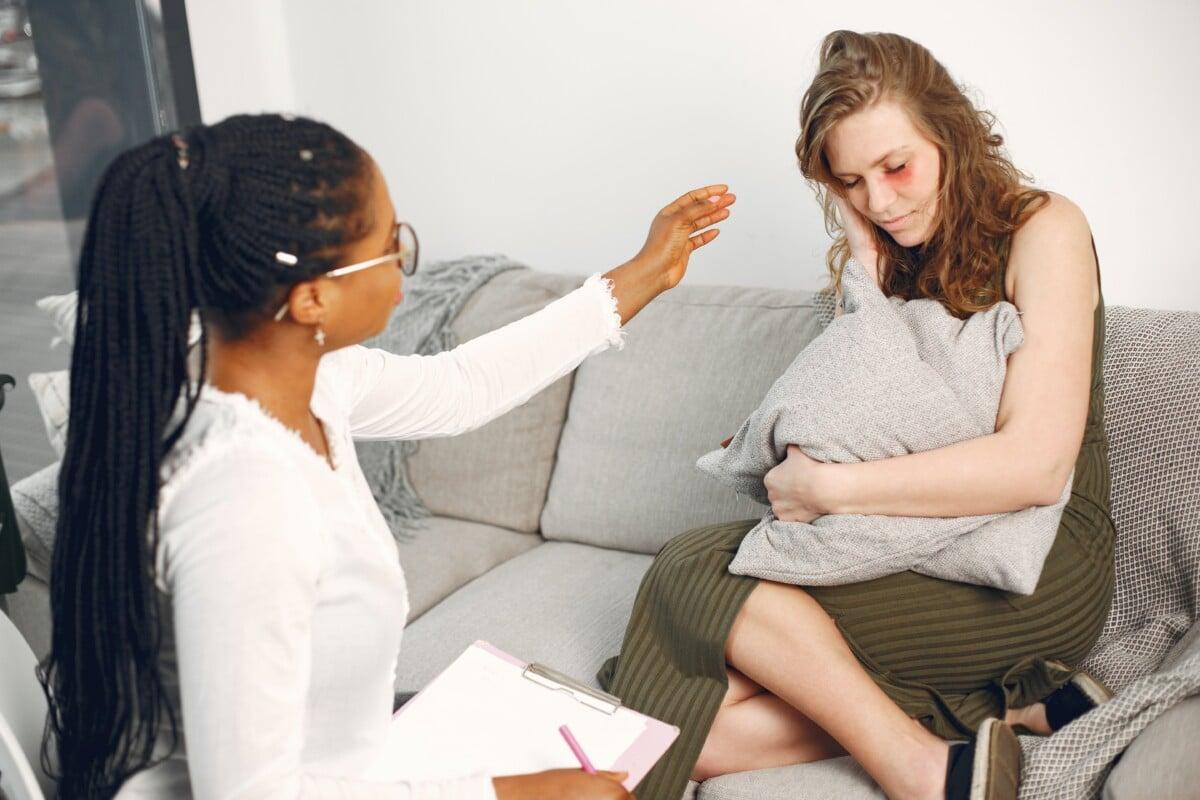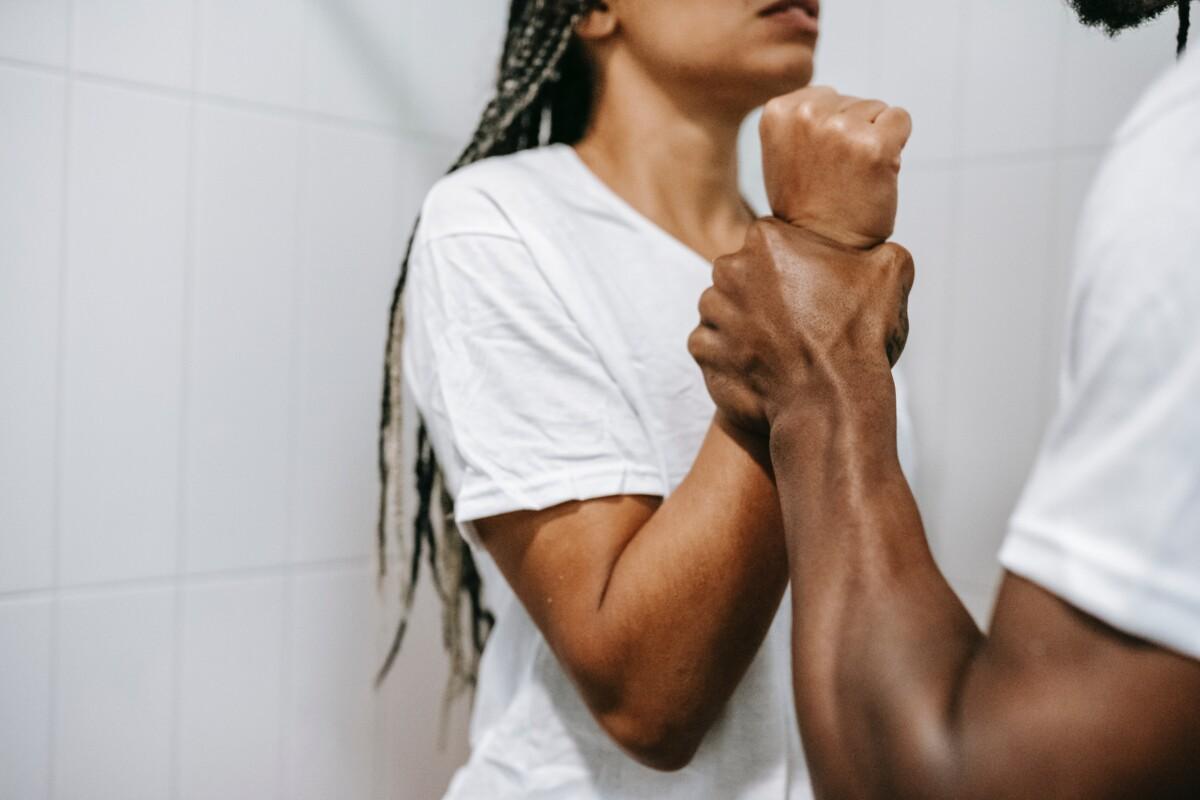Domestic violence is a forceful imposition of power and control over another person through intimidation, and the use of violence. Each year, more than 4 million children experience domestic violence in their homes. Growing up in a violent home and environment can have long-lasting effects on a child. This includes academic problems, lack of trust in others, and fearfulness.
Children who witness domestic violence are more likely to attempt suicide. They also engage in drug abuse and alcoholism, home abscondment, engage in teenage prostitution, and commitment to sexual assault. This article, domestic violence: Love Is Not Only Why Victims Endure will shed more light on and elucidate further.
Domestic Violence: Love Is Not Only Why Victims Endure
Abuse is a learned behavior; it is not caused by anger, mental problems, drugs or alcohol, or other common reasons alone. It is also not the result of a loss of control. Domestic violence is not usually a one-time event. But rather a pattern of destructive behaviors used to gain power and control over another person. The abuse may come in many forms: physical, emotional/verbal, financial, and sexual. Domestic violence: love is not only why victims endure but express further the menace of domestic violence in society.

Reasons Why Victims Of Domestic Violence Endure
The reasons why victims stay in domestic violence relationships are complicated and often misunderstood. But there are no good reasons for staying in an abusive relationship. Staying in an abusive relationship can have serious consequences on you and your children. Even if you have never been physically harmed. You might wonder why the victim of sort of abuse, whether physical or emotional, cannot just leave. The victims of domestic violence have many reasons for staying. Here are just a few;
Fear And Anxiety
Fear of more violence from the abuser if they leave, because they always conclude that nobody will believe them. Also, they fear losing their children and their inability to financially support themselves and their children if they leave. Their immigration status might be added to the problem, which could be used against them for deportation or extradition reason. Also, fear losing their home or not having anywhere to go. This may amount to them having the notion that no one will love them if they leave (i.e., “No one else will ever want you”).
Fear of Loneliness and Isolation
Many victims fear being alone, especially if they have children. They feel trapped in the relationship because they do not want to be isolated from their family. Even though they know their partner is hurting them on a regular basis. They prefer to endure for a reason that is attached to other people which is sympathy. Most victims are one thing in common love, emotion, and faithfulness. In most cases, they are always softminded people.
Children’s Wellbeing And Security
Well-being and security are reasons for the victims of domestic violence to remain in abusive relationships. But one major reason is the fear of losing their children to someone else. They fear what will happen to the children if they should leave, and they feel powerless to change the situation.
Shame And Secrecy
Many victims feel ashamed and embarrassed about their condition and would not want their families to know about their situation. They also often feel responsible for their partner’s behavior. This happens when the abuse has been going on for a period of time or has escalated over time. The victim sometimes believes that he or she has done something wrong before the abuser could act this way. This assumption would make him or she concludes that, if things change, then he or she will turn a new leave.
Strong Bond

There are always strong bonds between the abuser and the victim. If the abuse commences before they started dating, this can be very difficult for the victim to move on and may prevent the victim from trying to leave the relationship. Some abusive relationships have no signs of physical abuse or violence, so the victim may assume that the abuse is “normal” or “important” for the couple.
Financial Support
Victims may have no money and no access to bank accounts. Most time, a lack of skill would not allow them to be self-sufficient if they left their abuser. They usually depend on the abuser for financial support. This is rampant among female victims because of their weakness and child responsibilities.
Loss Of Identity
“What will people think if I leave?” “What will people think of me if I leave my husband or wife?” “How can I possibly think about myself when my whole world is falling apart? “How will people think of me if they know I am in an abusive relationship?”
They Love The Perpetrator
Another reason why victims stay in domestic violent relationships is that they still love the perpetrator. Victims often say “I still love him” or “I love her so much.” Some of these women and men were being abused since childhood. They are attracted to those who use to hurt them because they always think it is normal for them. Others have been manipulated into believing that this type of behavior is acceptable. They believe that if you love someone, you will overlook his behavior by changing them systematically for good.
They Believe In Transformation
Many victims believe they can change their partner. But changing another person – including themselves – is very hard. It takes more strength, courage, support, and time to perform the transformation. It is all about love, patience, and understanding else you cannot change anyone except you change yourself first.
Self-Blame
They may blame themselves for being the victim of their partner’s abuse and keep hoping that they would change them. Sometimes the victim will blame the abuse on their partner’s past history and their partner’s mental health issues or past trauma. The victim may even blame their own lack of self-confidence or a past mistake they made when they were younger for their current situation.
Forcing Partners to Belong
In abusive relationships, the victims often feel like the abuser is trying to turn them into “proper” individuals. The victims may feel they are getting along well and they are in control and become a part of the abuser’s family. They often feel that they are being treated as equal partners in the relationship. The abuser makes sure that the victim does the “caring” jobs in the relationship, like child care.
This is just to create a sense of obligation for the victim. This duty can make them feel like they are doing something wrong if they do not want to perform the obligations. They may also feel like they are being forced to be in the relationship against their will.

Styles Use In Domestic Violence
People often wonder why victims of Domestic Violence stay in abusive relationships. They ask, “Why doesn’t she just leave?” “Why does he stay?” The truth is leaving an abusive relationship is a very complicated and dangerous process. Leaving can be more dangerous than staying. Staying can feel like the better option for both victims and children. Domestic violence: Love Is Not Only Why Victims Endure explains further the patterns used by the abuser below:
Patterns Of Domestic Violence
- Constant battering – Your partner abuses you regularly, seemingly with no end in sight.
- Guilt – After abusing the victim, their partner feels guilt, but not over what he did. He or She is more worried about being caught and facing immediate consequences for his or her action.
- Excuses – The abuser tries to justify or rationalizes what he or she has done. The person may come up with excuses or blame you for the abusive behavior—anything to avoid taking responsibility.
- “Normal” behavior – The abuser does everything he can to regain control and keep the victim in the relationship. He may act as if nothing has happened, or that the abuse is normal.
- Locking you out – When you try to leave, your partner locks the door or windows, effectively keeping you trapped inside.
- Abuse – Most abusive partner reacts in aggressive and belittling, or violent behavior. The abuse is designed to show you “who is the boss.”
Statistics Of Domestic Abuse
These are but a few of the insidious effects of domestic violence. They may seem extreme, but they are all too common. Research indicates that 40% of women and 15% of men have experienced some form of domestic abuse. This means that every two minutes a woman is abused by her partner, and every 14 minutes a man is abused by his partner.
While these statistics are shocking, they still fail to capture the true magnitude of the problem. Domestic violence is an epidemic that affects people in every society regardless of age, gender, economic status, race, religion, nationality, or educational background. Violence against men and mostly women is often accompanied by emotional abuse. And sometimes by controlling behavior, and thus is part of a systematic pattern of dominance and control. Domestic violence results in physical injury, emotional and psychological trauma, and sometimes death. The consequences of domestic violence can move from generation to generation and may last a lifetime.
Conclusion
Although we would all like to think that domestic violence is rare, it is actually more common than you might think. It is estimated that 1 out of 4 women have been abused by an intimate partner at some point in their lives. Many people who are abused stay in a domestic violence relationship because they do not know how to leave the relationship. Or they are afraid of what will happen if they try to leave their partner. Domestic violence is not a private problem or a woman’s problem; it’s everyone’s problem.
In fact, domestic violence is a community problem and everyone can help. We have the opportunity to be a part of the solution to the problem of domestic violence. I urge anyone who is in an abusive relationship to reach out for help immediately. Domestic violence is not just a personal issue; it is a problem that affects our entire community. Even when you are not experiencing abuse yourself, you are still at the risk of getting involved or any close relative.
https://www.bluehost.com/track/allprenuer
Edited by,
Prince Modupe Kashaam